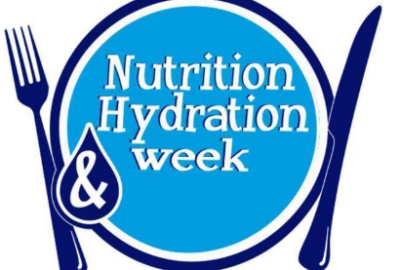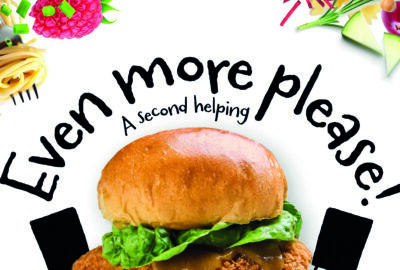Restaurateurs and pub landlords across England and Wales are being warned that they face losing their livelihoods and even their liberty, if they endanger customers’ health.
Philip Sewell, a London-based commercial dispute resolution partner with commercial law firm Maclay Murray & Spens LLP (MMS), explains: “In the wake of recently tightened sentencing guidelines for health and safety offences, where business turnover and the potential harm a breach could cause are now being taken into account, it is only a matter of time before a similar approach is adopted for food hygiene and labelling offences. We are already seeing evidence that tougher sentences are being sought by the CPS in England and Wales.”
Regulations introduced by the Food Standards Agency in March, addressing the serving of minced meat products, for example rare burgers, means such food products must be thoroughly cooked, except where specific approval has been obtained. Business owners looking to serve burgers or other mincemeat products that have not been cooked thoroughly throughout will need to obtain verification from their meat supplier that they are approved by either the FSA, the relevant local authority or Environmental Health Officers.
Mr Sewell concluded: “The FSA has previously set out that burgers should be cooked thoroughly, as E. coli bacteria, which cause food poisoning, can be present throughout mincemeat, rather than just on the surface. Now that the agency has spelled out how caterers and restaurateurs can go about serving rare burgers, those who ignore this process and endanger the public, or actually cause a food-poisoning outbreak, are likely to feel the full force of the law.
“It shall be for restaurateurs to prove, if challenged, that they are cooking burgers and serving a safe product because they are following techniques verified and validated due to food safety expertise. The simplest method to achieve compliance might be to cause bacterium log reduction to a satisfactory level by cooking burgers at a minimum temperature of 70 degrees centigrade over at least two minutes or at 75 degrees centigrade for at least 30 seconds combined with flipping, slower cooking to reach the optimum temperature points and covering while cooking.“


